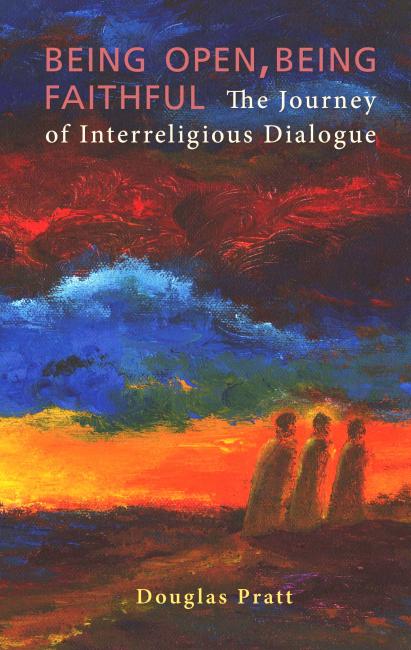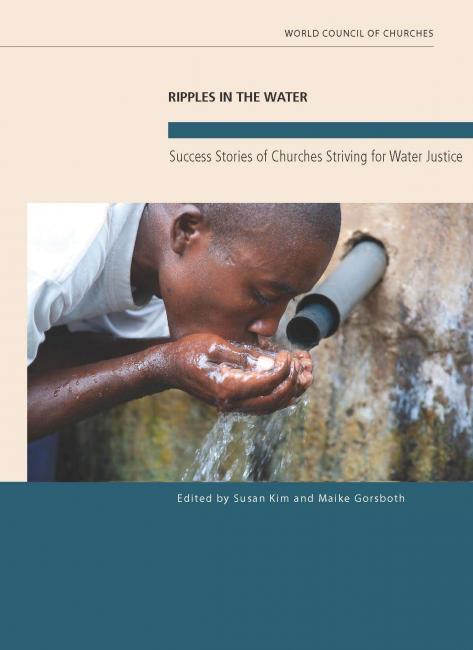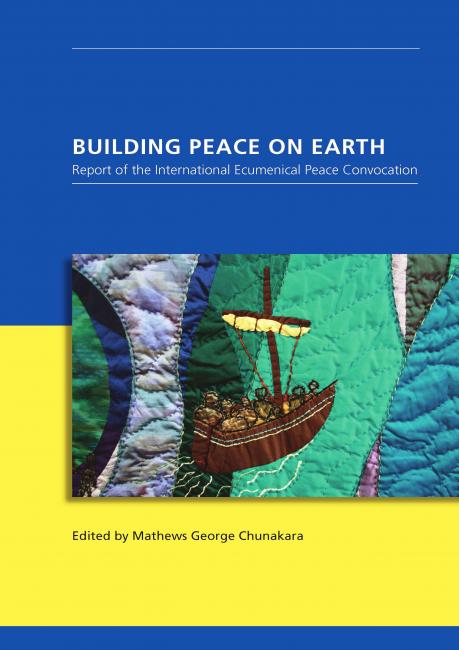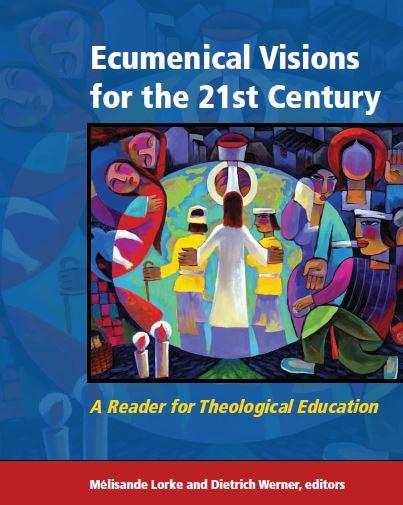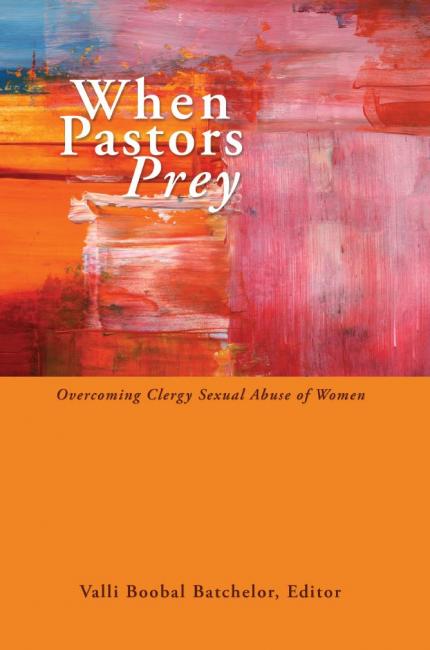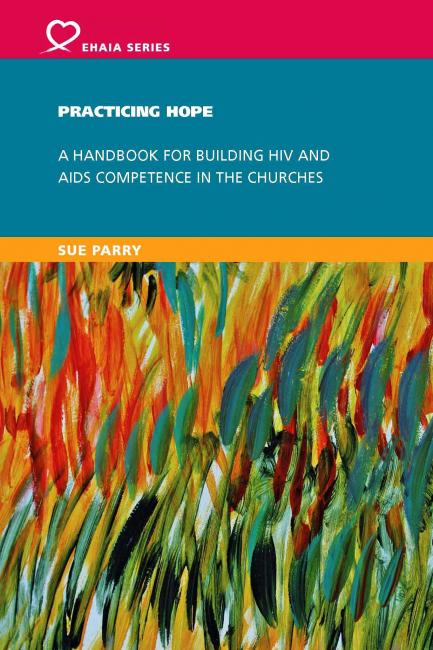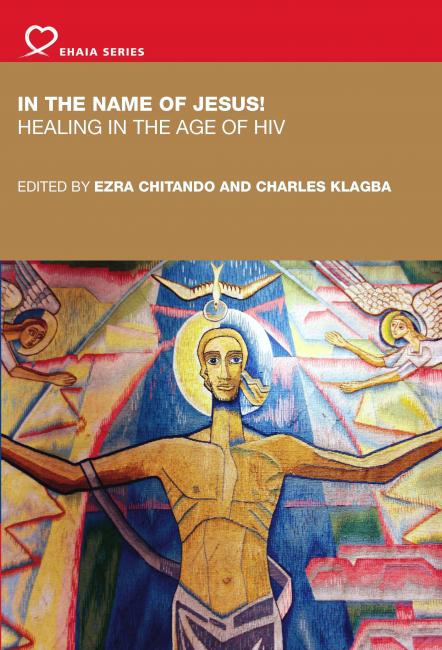Displaying 181 - 200 of 218
01 June 2014
Ripples in the Water
01 February 2014
Encountering the God of Life
01 January 2014
Ecumenical Dynamic: Living more than one place at once
01 November 2013
When Pastors Prey: Overcoming Clergy Sexual Abuse of Women
01 October 2013
Religion Power Politics
01 September 2013
Practicing Hope
01 June 2013
Human Rights of Stateless People
01 May 2013
Ninth Report 2007–2012
13 April 2013
The “Other” Is My Neighbour
01 February 2013
In the Name of Jesus! Healing in the Age of HIV
01 January 2013

